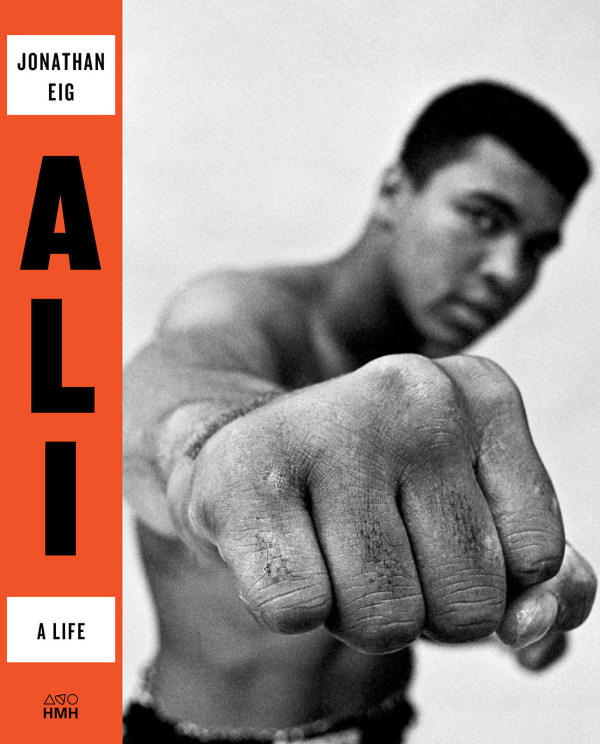FRESH AIR: Decades before NFL player Colin Kaepernick took a knee during the national anthem to protest police treatment of African-Americans, boxer Muhammad Ali roiled white America with his 1967 resistance to the Vietnam War draft. The boxer had converted to the Nation of Islam a few years earlier, and he explained his resistance to the war by saying, “I ain’t got no quarrel with them Viet Cong.” Ali’s resistance to the draft resulted in his being stripped of his heavyweight title, banned from boxing and charged with evasion. (Though he avoided jail time, it would be more than three years before he returned to the ring.) Biographer Jonathan Eig says Ali’s protest was unprecedented in those days.
“It was unimaginable for most black athletes to stand up that way and say, … ‘I’m going to play by my rules and to criticize presidents and to criticize the war and to call all of white America a fraud,'” Eig says. “That was radical.” Eig spent four years learning about Ali by interviewing the late boxer’s associates and former wives, and poring over previously unreleased FBI and Justice Department files. His new book, Ali: A Life, chronicles Ali’s remarkable boxing career, his role as a social critic and his colorful and often chaotic personal life.
Eig says that although Ali was attacked for his political views at the time, attitudes towards the boxer shifted as American support for the war waned. “To see this guy who goes from being the most hated man in the world to being the most beloved in many ways, to being seen as this kind of saint is fascinating,” Eig says. “And I don’t think we do Ali any good by treating him as a saint. He was a human being and he was deeply flawed, but I think the reason people look to him this way is because he had the spirit of a rebel. He was willing to fight for what he believed in.” MORE

